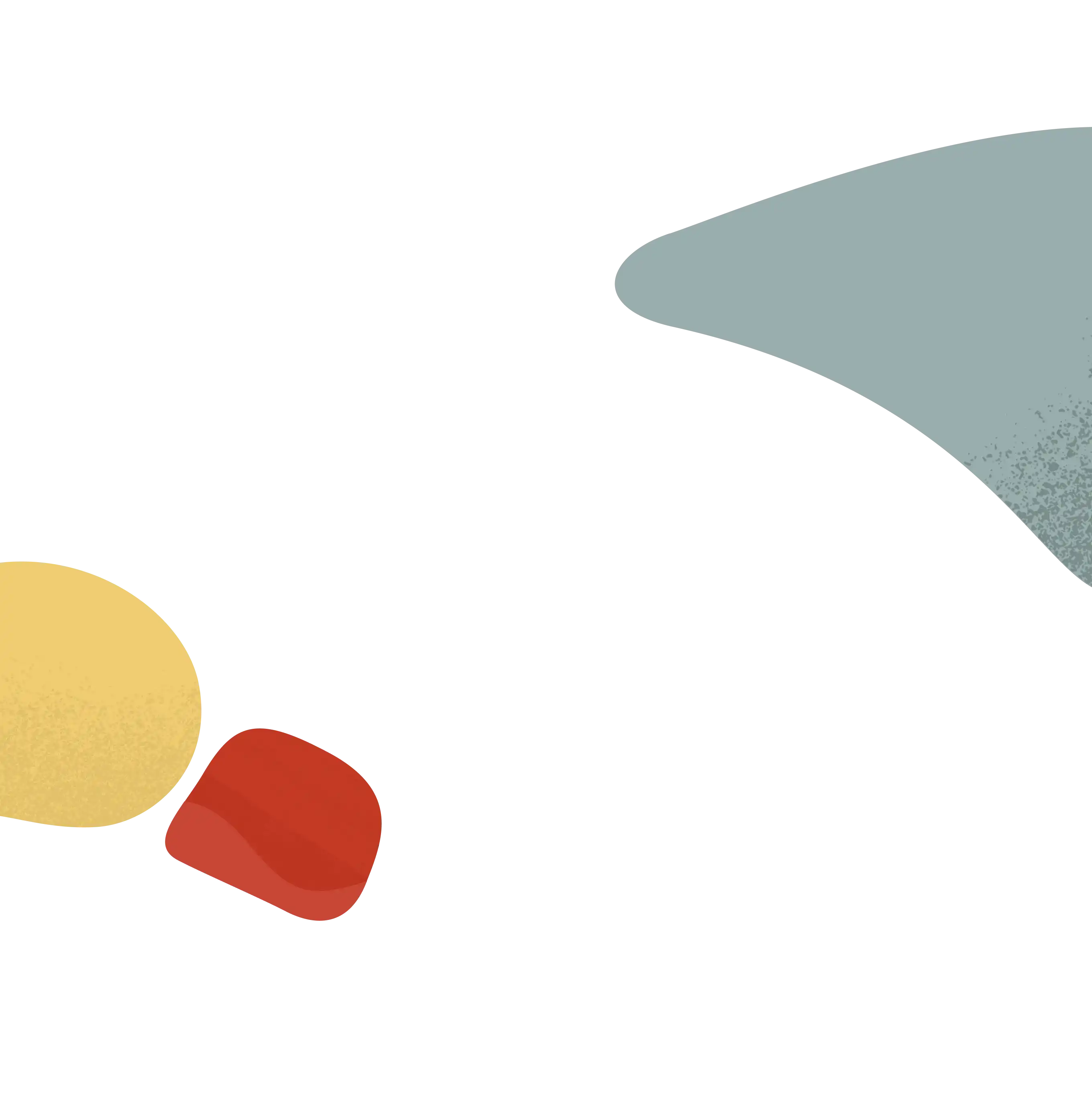
Bissell cleans up its supply chain with Oracle Cloud apps
The iconic vacuum cleaner maker uses Oracle Cloud SCM to improve demand forecasting and product lifecycle management, helping it adapt its business to global disruptions.
United States | Consumer Goods
“When we chose Oracle’s cloud-based platform, we got something to help transform our business. The solutions are fully functional and updated quarterly. If you’re worried about where they are today, they’re ready. And they’ll improve tomorrow.”
Business challenges
Based in Walker, Michigan, a suburb of Grand Rapids, Bissell is one of the world’s largest makers of floor care products: vacuums, carpet cleaners, steam and hard floor cleaners, carpet and floor cleaning formulas, as well as its iconic sweepers.
Because so many of its customers are pet owners, the company supports the Bissell Pet Foundation to help find permanent homes for neglected animals and those in shelters.
As a result of the COVID-19 pandemic, a larger percentage of its sales come via its online channels. Bissell added two US distribution centers, enabling the company to deliver orders to US customers within days.
The surge in online orders required improved forecasting and product lifecycle management (PLM) systems and processes. Accurate data on more than 8,000 finished products, accessories, and replacement parts became critical. Employees were using disconnected offline systems, which led to issues with data integrity and security.
“We used to forecast based more on tribal knowledge and experience than reliance in our systems,” says Joe Butts, associate director for ERP. “Our executives didn’t understand why we did that. To improve our accuracy, we needed to let the SCM engine produce the forecast and just manage exceptions.”
"The deployment of Oracle’s Product Hub Cloud was Bissell’s first significant step toward our master data management and cloud journey. It really enabled us to take control of our item master data by allowing for ownership, governance, and improved integration with our PLM system."—Joe Butts, Associate Director, ERP, Bissell
Why Bissell Chose Oracle
Starting in 2011, Bissell began a major initiative to standardize its core back-office processes. It leveraged Oracle’s on-premises applications, starting with Oracle Advanced Controls for E-Business Suite, Predictive Trade Planning, and ATG modules. Bissell has also moved many applications and databases to Oracle Cloud Infrastructure, boosting performance 1.5X.
Based on its early cloud success, Bissell moved to Oracle Cloud SCM, using applications to improve the PLM system. “We have a large Oracle footprint, so it made sense to expand it instead of jumping to another system, which would have required customizations,” Butts says.
Oracle Cloud Demand Management checked all the boxes: more nimble and accurate forecasting, stronger demand planning, global standardization, and data-driven decision-making.
Bissell’s Oracle Cloud PLM implementation included applications for product master data management (MDM), giving the company tighter governance over product information. With a single master database and restricted access, Bissell was able to ensure consistent, accurate product information across the business.
Results
With Oracle Cloud SCM, Bissell integrates forecasting and all of its product data. “When a new product is introduced, we add the information to the product MDM application (Oracle Product Data Hub), which then integrates with our planning and forecasting applications,” Butts says. “We collect data every day, typically on sales and inventory.”
Access to trusted and complete product information improves forecasting, both for large retail customers (think Amazon.com, Walmart, and Target) and consumer categories broken down by channel. “Before, we didn’t have confidence in the forecast, but now we are just managing exceptions, which happen less frequently,” Butts says.
With standardized methods, forecasters can see what their counterparts in other countries are doing. “Now that we’re on the cloud, everyone’s aligned,” he says.
Self-service capabilities mean Bissell’s power users no longer have to wait eight or nine hours for IT to process data. Moreover, advanced distribution planning lets Bissell be proactive as COVID-19 continues to reshape the economy. Previously, the company drew on two years of historical data—on long-term trends, seasonal patterns, and price fluctuations—to forecast what customers want a full year in advance.
With COVID, we’ve got a few months of historical data to guide us,” Butts says. “Any trends are short term.”
Bissell now creates planning models based on market needs and conditions, swapping in variables to assess different scenarios.
Partners
Bissell and Deloitte teamed to deliver a solution that is built to help the enterprise evolve and stay ready to navigate disruption. Learn how Deloitte can help your organization make impact that matter.